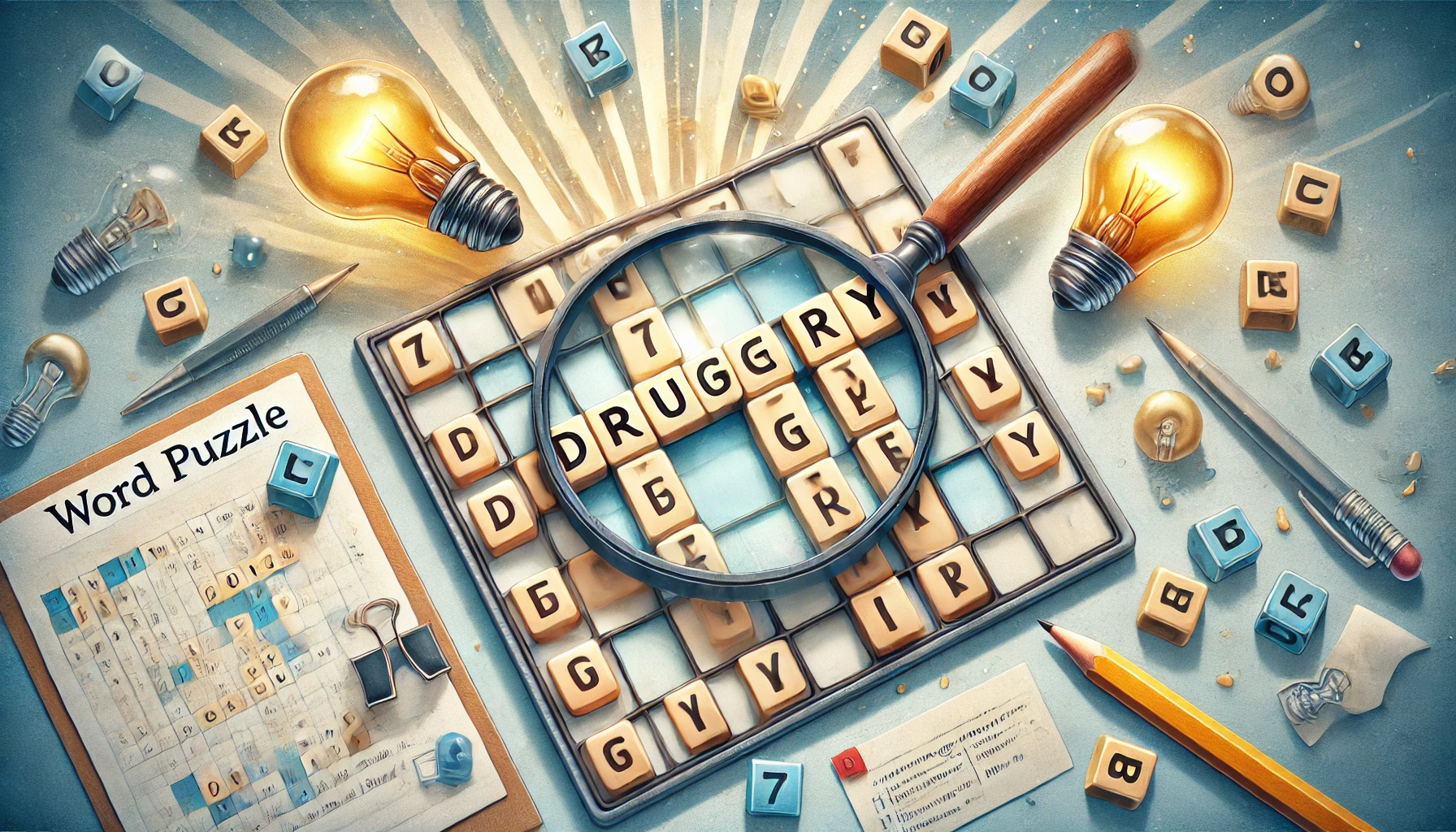Discover how to solve the “drudgery” clue in “7 Little Words.” Learn strategies, tips, and tricks to master this engaging word puzzle game. Perfect for word enthusiasts looking to improve their puzzle-solving skills.
Introduction
Welcome to the fascinating world of “7 Little Words,” a puzzle game that has captured the hearts of word enthusiasts everywhere. If you’ve ever found yourself stumped by the clue “drudgery,” you’re not alone. This blog post will guide you through understanding and solving the “drudgery” clue in “7 Little Words.” We’ll break down the puzzle, share strategies, and provide tips to help you crack the code effortlessly.
What is “7 Little Words”?
“7 Little Words” is a unique and engaging word puzzle game that combines elements of crossword puzzles and word searches. Unlike traditional crossword puzzles, it gives players a set of seven clues and a collection of letter tiles. The goal is to rearrange the tiles to form the seven words that answer each clue. It’s a delightful mix of wordplay and mental challenge, perfect for quick mental exercises or a deep dive into linguistic puzzles1.
Understanding the Clue “Drudgery”
When you encounter the clue “drudgery” in “7 Little Words,” it refers to tedious, monotonous work—tasks that are often repetitive and uninspiring. Think of chores or routine desk work. The challenge is finding the right synonym or descriptive word that matches the number of tiles provided. The word “drudgery” often communicates a sense of boredom or lack of excitement. Keeping this in mind can guide you toward potential solutions that capture the essence of drudgery2.
Strategies for Solving the Puzzle
- Break Down the Letters: Start by identifying possible prefixes or suffixes. Common word endings like “-ing” or “-ed” can give you a head start. For “drudgery,” look for beginnings or endings that fit mundane task-related words.
- Think of Synonyms: Brainstorm synonyms for “drudgery.” Words like “toil,” “labor,” or “grind” often come to mind. Use these as a foundation to see if they match any of the available tiles.
- Use Context Clues: Sometimes, the other clues in the puzzle can provide context that helps you solve the “drudgery” clue. Look at the surrounding words and see if they offer any hints.
- Trial and Error: Don’t be afraid to experiment with different letter combinations. Sometimes, seeing the letters in a different order can spark the right answer.
Why “7 Little Words” is Popular
The charm of “7 Little Words” lies in its simplicity and depth. There’s no grid, just pure wordplay. This game is perfect for quick mental exercises or a deep dive into linguistic puzzles. The combination of straightforward gameplay and challenging clues makes it a favorite among word puzzle enthusiasts3.
Tips for Improving Your Puzzle-Solving Skills
- Practice Regularly: The more you play, the better you’ll get. Regular practice helps you recognize patterns and improve your vocabulary.
- Expand Your Vocabulary: Reading books, articles, and other written materials can help you learn new words and their meanings, making it easier to solve puzzles.
- Stay Patient: Some clues can be tricky, but don’t get discouraged. Take breaks if needed and come back with a fresh perspective.
- Join Puzzle Communities: Online forums and social media groups dedicated to “7 Little Words” can provide tips, support, and a sense of community.
Conclusion
Solving the “drudgery” clue in “7 Little Words” can be a rewarding challenge. By understanding the nature of the clue and using strategic approaches, you can crack the code and enjoy the satisfaction of solving the puzzle. Remember, practice makes perfect, and the more you engage with the game, the better you’ll become. So dive into the world of “7 Little Words” and embrace the joy of wordplay.
